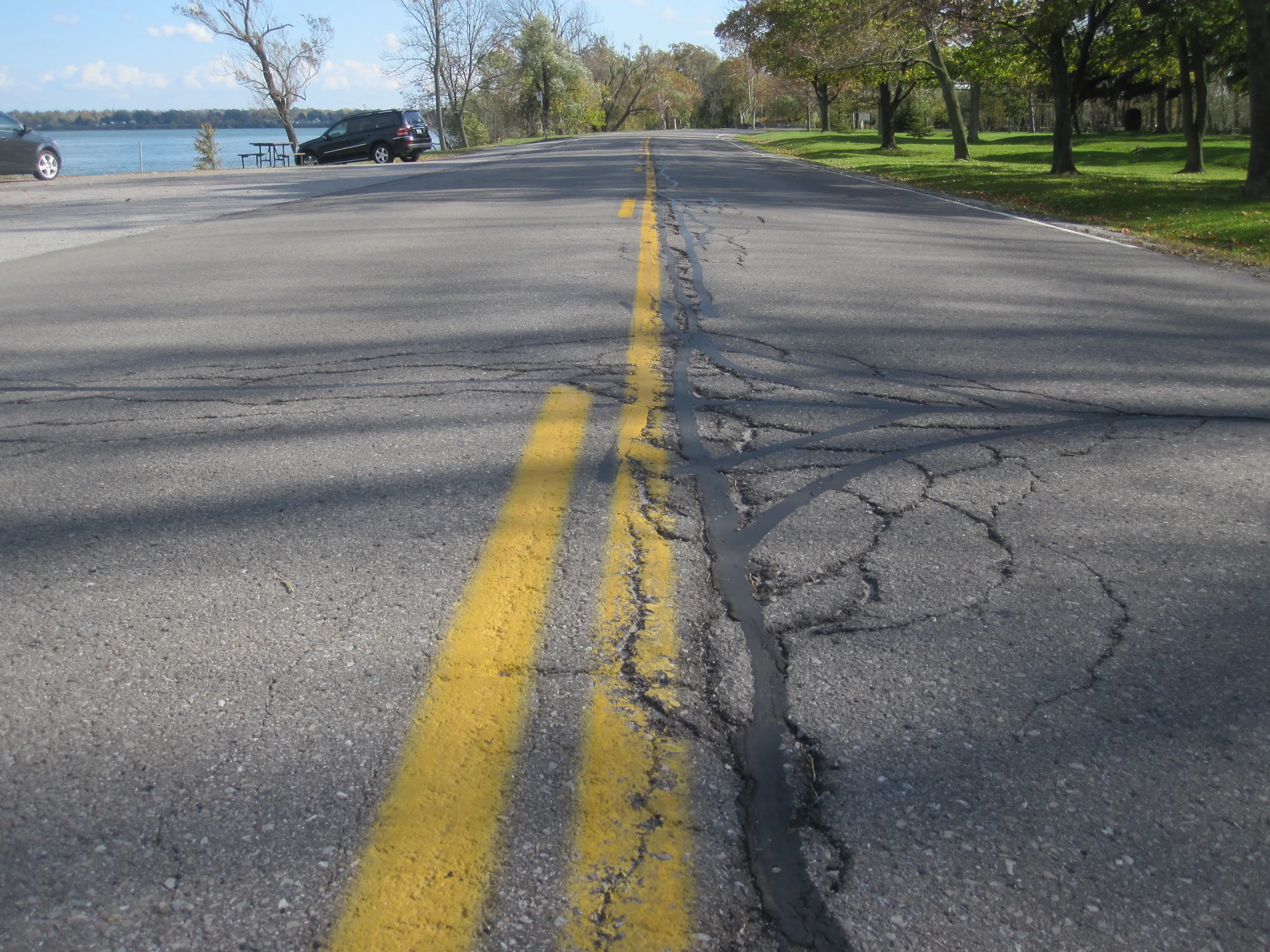Road safety in the UAE is progressing at a faster rate than many other Gulf Cooperation Council (GCC) states, but still has major milestones to achieve before it can sit among the countries in the world with lowest fatality rates, according to a road safety expert who will address the Gulf Traffic Conference, taking place from 12-13 December 2011 at the Dubai International Convention and Exhibition Centre.
April 25, 2012
Read time: 4 mins
RSSRoad safety in the UAE is progressing at a faster rate than many other Gulf Cooperation Council (GCC) states, but still has major milestones to achieve before it can sit among the countries in the world with lowest fatality rates, according to a road safety expert who will address the 224 Gulf Traffic Conference, taking place from 12-13 December 2011 at the Dubai International Convention and Exhibition Centre.
Simon Labbett, regional director for the Transport Research Laboratory (777 TRL) UAE, said that although roads are becoming safer in the UAE, fatality reductions are a long-term process involving multi-stake holder engagement that can take decades to roll out.
“Sustained casualty reduction on the roads is not and never will be a quick fix,” said Labbett. “Countries with the best safety records in the world have achieved this through decades of improvement and government marketing campaigns. No single authority or organisation can be responsible for achieving effective road safety in isolation.
“It requires a fully joined-up partnership approach across numerous government and non-government stakeholders. We have started out on this path and are making progress. Some good initiatives are being developed but we still have a long journey ahead of us.”
Labbett will outline the ingredients for road safety, strategy, action plans and stakeholder engagement when he addresses the sixth edition of the Gulf Traffic Conference. Although UAE road deaths dropped by 30 per cent in 2010, the country still witnesses approximately 10,000 crashes annually – on average of 2.2 fatalities per day – costing not only human lives, but US$5.4 billion. Increasing road safety and reducing traffic sits among the top priorities for governments, which are the main topics of discussion at the two-day Gulf Traffic Conference.
Labbett says that road collisions very rarely have a single cause, but are a combination of individual factors that conspire together at a set place and time. The key to prevention is therefore eliminating or disrupting the pattern of as many of the contributory factors as possible by adopting a multi factor safety improvement programme that is both reactive and proactive.
“One traffic accident – for example a bus running off the road and hitting a bridge support – immediately poses a lot of questions,” says Labbett. “We need to be reactive to situations by understanding the causes, collecting quality data on the collisions and providing collision analysis. We then need to be proactive to ensure that we have the safest possible systems and processes in place, and we need to have a programme of continuous improvement.”
Established in 1933 by the UK Government, TRL is an international transport science organisation, hired by governments around the world to develop excellence in transport safety. Responsible for the ubiquitous zebra crossing design, the now privately owned TRL has been in the UAE since 2007 and is working with the Abu Dhabi Department of Transport (DOT) in implementing the Emirate’s road safety strategy.
“The road safety strategy for the Emirate of Abu Dhabi entirely maps with the five pillars of the Decade of Action for Road Safety,” says Labbett. “Not only does the strategy align with the best practice set out within the decade of action, there is also a ten-year plan of implementation to benchmark safety improvements.”
The Gulf Traffic Conference 2011 will bring together regional and international leading experts in road traffic and transportation in order to collaborate with one another and establish what systems and strategies are already in place, and clarify what needs to be brought into the region to further develop and ensure road safety.
Organised by Informa Exhibitions, the conference runs alongside Gulf Traffic Exhibition, which has so far confirmed an exhibitor line-up of 149 contractors, manufacturers and suppliers from 27 countries in the Middle East and overseas. Run every two years, the event is supported by Dubai Police and is held under the patronage of His Excellency Lt. General Dhahi Khalfan Tamim, Commander in Chief of Dubai Police.
Simon Labbett, regional director for the Transport Research Laboratory (
“Sustained casualty reduction on the roads is not and never will be a quick fix,” said Labbett. “Countries with the best safety records in the world have achieved this through decades of improvement and government marketing campaigns. No single authority or organisation can be responsible for achieving effective road safety in isolation.
“It requires a fully joined-up partnership approach across numerous government and non-government stakeholders. We have started out on this path and are making progress. Some good initiatives are being developed but we still have a long journey ahead of us.”
Labbett will outline the ingredients for road safety, strategy, action plans and stakeholder engagement when he addresses the sixth edition of the Gulf Traffic Conference. Although UAE road deaths dropped by 30 per cent in 2010, the country still witnesses approximately 10,000 crashes annually – on average of 2.2 fatalities per day – costing not only human lives, but US$5.4 billion. Increasing road safety and reducing traffic sits among the top priorities for governments, which are the main topics of discussion at the two-day Gulf Traffic Conference.
Labbett says that road collisions very rarely have a single cause, but are a combination of individual factors that conspire together at a set place and time. The key to prevention is therefore eliminating or disrupting the pattern of as many of the contributory factors as possible by adopting a multi factor safety improvement programme that is both reactive and proactive.
“One traffic accident – for example a bus running off the road and hitting a bridge support – immediately poses a lot of questions,” says Labbett. “We need to be reactive to situations by understanding the causes, collecting quality data on the collisions and providing collision analysis. We then need to be proactive to ensure that we have the safest possible systems and processes in place, and we need to have a programme of continuous improvement.”
Established in 1933 by the UK Government, TRL is an international transport science organisation, hired by governments around the world to develop excellence in transport safety. Responsible for the ubiquitous zebra crossing design, the now privately owned TRL has been in the UAE since 2007 and is working with the Abu Dhabi Department of Transport (DOT) in implementing the Emirate’s road safety strategy.
“The road safety strategy for the Emirate of Abu Dhabi entirely maps with the five pillars of the Decade of Action for Road Safety,” says Labbett. “Not only does the strategy align with the best practice set out within the decade of action, there is also a ten-year plan of implementation to benchmark safety improvements.”
The Gulf Traffic Conference 2011 will bring together regional and international leading experts in road traffic and transportation in order to collaborate with one another and establish what systems and strategies are already in place, and clarify what needs to be brought into the region to further develop and ensure road safety.
Organised by Informa Exhibitions, the conference runs alongside Gulf Traffic Exhibition, which has so far confirmed an exhibitor line-up of 149 contractors, manufacturers and suppliers from 27 countries in the Middle East and overseas. Run every two years, the event is supported by Dubai Police and is held under the patronage of His Excellency Lt. General Dhahi Khalfan Tamim, Commander in Chief of Dubai Police.







